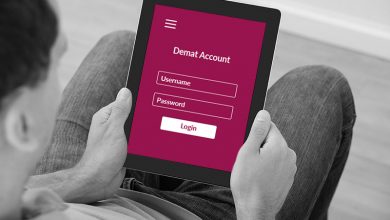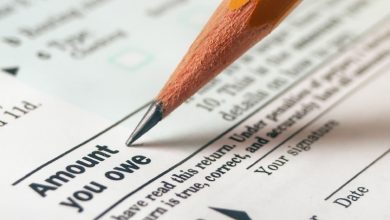Freelancing And Finances: Ways To Buy A House When You’re Self-Employed

Estimates indicate that around one in seven people in the UK are classified as self-employed, and while the allure of being your own boss may have been enough to convince you to pack in your 9-to-5, being self-employed comes with drawbacks. Anybody that owns their own business, or works for themselves, and has tried to buy a house will know how stringent banks and lenders can be when it comes to agreeing a mortgage.

From the lender’s point of view, those without a full time job represent a higher risk, and they consider contract workers and self-employed workers to be the biggest risk of all. While some lenders have relaxed their criteria, there are still some obstacles that could potentially be standing in your way and preventing you from getting the mortgage you need, in order to be able to buy a home. It is possible to get a mortgage when you work for yourself, but it may require some additional effort on your part.
Your Business Set-up
Lenders consider any individual to be self-employed if they own more than a quarter of the business that they work for, if they operate as a sole trader, or if they work on short-term contracts.
If you are registered as self-employed or as a sole trader, then it means that you keep all the profits that you make. From the lender’s point of view, it is relatively easy for them to determine a salary figure, but they may want to see an SA302, if you complete self-assessment tax forms. If you are one half of a business partnership, then the lender will want to see a breakdown of how profits are split between you and your partner. For shareholders in a limited company, it is especially important that your lender takes into account any dividend payments, as well as the basic salary that you draw from the company.
Income Vs Profits
It can be tempting for some business owners to take a minimal salary, and then reinvest the remaining profits back into the company. While this can help ensure the survival of your business, it could also prevent you from getting the mortgage that you want. Scant few mortgage lenders will take retained profits into account, so if you need to use these profits when applying for a mortgage, you will have to specifically look for those lenders that are willing to work with you in this respect.
Proof of Income And Affordability Checks
You will need to prove your income to lenders, in order for them to consider agreeing to offer you a mortgage. Prior to the economic crisis, banks used very basic calculations to determine how much they were willing to lend, so that you would have been able to borrow, for example, three times your annual salary. However, lenders must now complete affordability checks and they can be very stringent when checking proof of income, since self-certification mortgages are no longer an option.
Some lenders will work with just one year’s proof of income, but some may require two years’ and others will require three years’ information. The more data you can provide, the clearer the picture you offer to lenders, and the more likely they will work with you.
Budget
It’s not only important to the bank that you earn enough salary to make repayments, you should consider your own circumstances, and whether they are likely to change. Go to CountrywideScotland.co.uk to find out the amount of money you will need for your home, by all means, but do determine the likelihood of your financial circumstances changing in the future. If there is the danger of losing a regular contract, take this potential loss into account and be honest with yourself.
Your Accountant
Some lenders may make it a prerequisite that you have an accountant, and that they have prepared your accounts ready. What’s more, it may even be necessary that they be a registered chartered accountant. Lenders believe that they are more likely to be given accurate, reliable, and full information, and having an accountant is never a bad thing when you are self-employed.
Your Credit Rating
Finally, check and monitor your credit rating. Having a perfect rating will certainly help you to get the mortgage that you want, because it indicates to lenders that you are a reliable borrower. It means that you make repayments on a regular basis and on time, and this removes a lot of the risk that might be associated with lending to you, as a self-employed individual.
Very few people are fortunate enough to be able to afford a house without needing a mortgage, and with so many people now working for themselves or running a business, lenders have been forced to look at the way that they assess self-employed applicants. It can still be a challenge, if you are self-employed, but there are steps to help you get the mortgage you need.
Laura Potts works as a mortgage adviser and understands the challenges facing self-employed people when are trying to buy a property. She likes to share her insights with an online audience and is a regular writer on a number of consumer finance and property websites.




